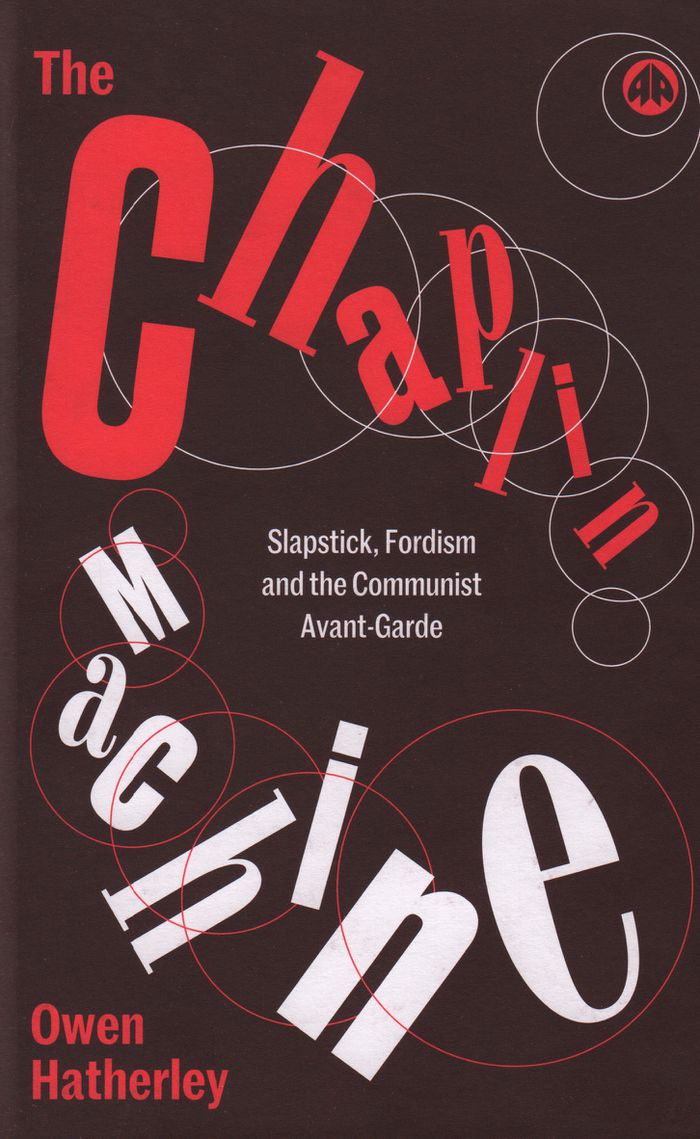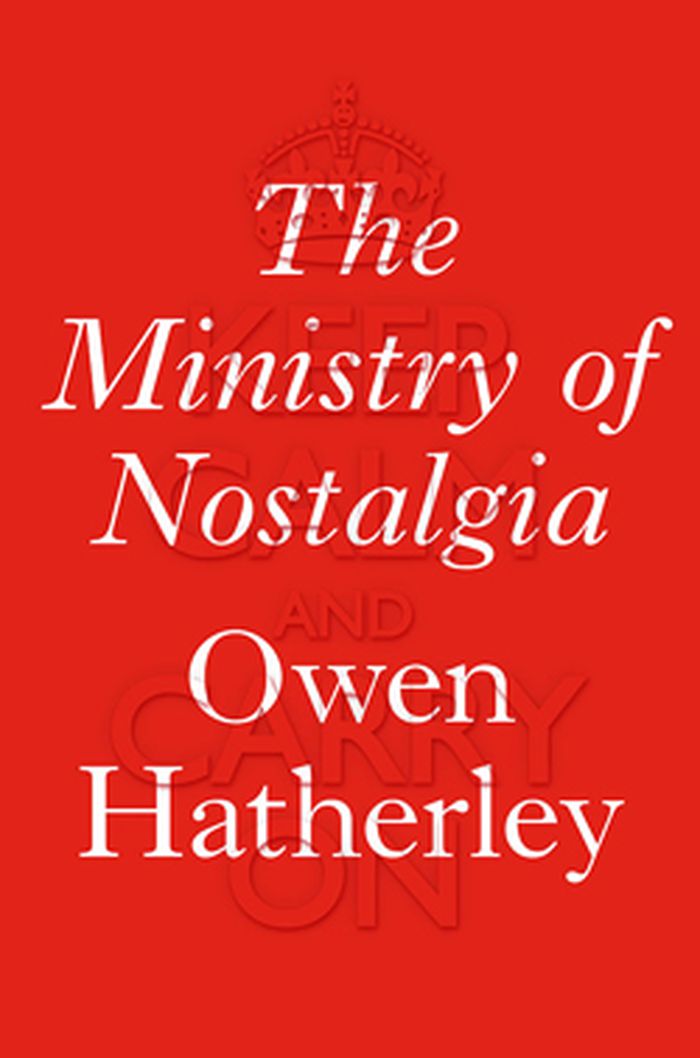The Chaplin machine: Slapstick, Fordism and the international Communist avant-garde, 1917-1937
$37.95
(disponible en magasin)
Résumé:
"The Chaplin Machine" reveals the lighter side of the Communist avant-garde and its unlikely passion for American slapstick. Set against the backdrop of the great Russian revolutionary experiment, Owen Hatherley tells the tragic-comedic story of the cinema, art and architecture of the early 20th Century and spotlights the unlikely intersections of East and West.
The Chaplin machine: Slapstick, Fordism and the international Communist avant-garde, 1917-1937
Actions:
Prix:
$37.95
(disponible en magasin)
Résumé:
"The Chaplin Machine" reveals the lighter side of the Communist avant-garde and its unlikely passion for American slapstick. Set against the backdrop of the great Russian revolutionary experiment, Owen Hatherley tells the tragic-comedic story of the cinema, art and architecture of the early 20th Century and spotlights the unlikely intersections of East and West.
The ministry of nostalgia
$32.00
(disponible sur commande)
Résumé:
Author Owen Hatherley shows how our past is being resold in order to defend the indefensible. From the marketing of a “make do and mend” aesthetic to the growing nostalgia for a utopian past that never existed, a cultural distraction scam prevents people grasping the truth of their condition. The Ministry of Nostalgia looks at the creation of a false history -(...)
The ministry of nostalgia
Actions:
Prix:
$32.00
(disponible sur commande)
Résumé:
Author Owen Hatherley shows how our past is being resold in order to defend the indefensible. From the marketing of a “make do and mend” aesthetic to the growing nostalgia for a utopian past that never existed, a cultural distraction scam prevents people grasping the truth of their condition. The Ministry of Nostalgia looks at the creation of a false history - examining the austerity of the 1940s and 1950s, which saw the development of a welfare state while the nation crawled recovered from the war. Hatherley examines how this period has been recast to offer consolation for the violence of neoliberalism, an ideology dedicated to the privatisation of common wealth.
Théorie/ philosophie

